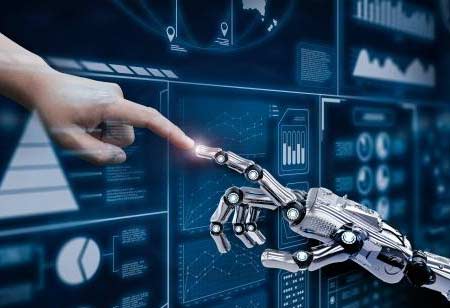Improved data collection and analytics alone would have a considerable impact on healthcare administration, while a large volume of data shows that AI can process and support the identification of disorders in certain vital areas.
Fremont, CA: Global health systems are bearing increasing pressure as a result of the coronavirus that has affected all aspects of service delivery. Heart and lung services, in particular, are overburdened, with a growing backlog of patients awaiting elective surgery.
AI has overall favorable implications for healthcare, from improving logistics to quicker drug development and, ultimately, enhancing diagnosis and treatment. Improved data collection and analytics alone would have a considerable impact on healthcare administration, while a large volume of data shows that AI can process and support the identification of disorders such as rare hereditary diseases in certain vital areas.
However, there are some obstacles to its widespread use. Healthcare innovation is relatively complex. Patients are understandably wary of machines. Healthcare professionals, too, have reservations, seeing AI as a hype rather than an enabler or accelerant.

